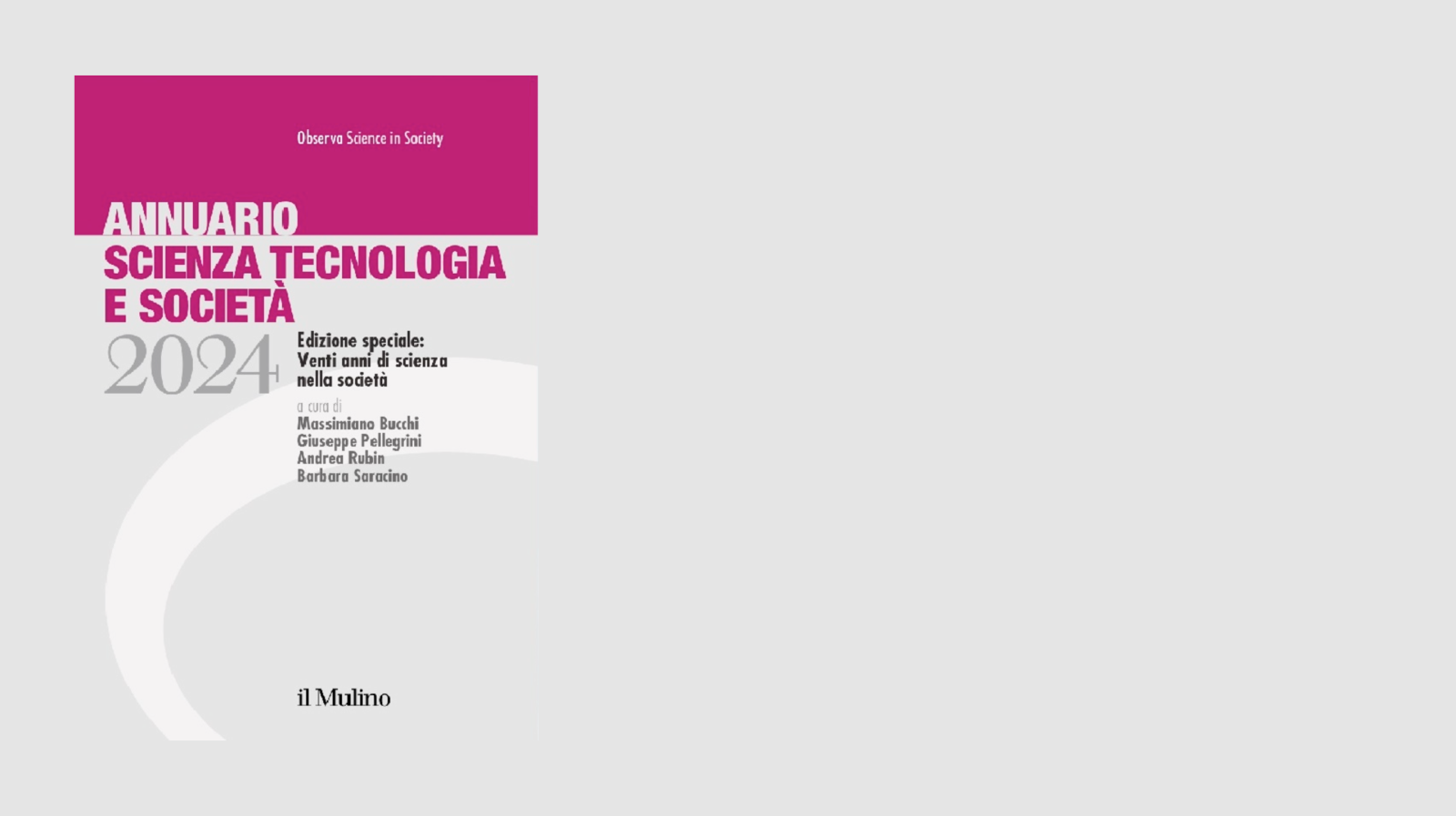Challenging the mass. This, probably, will be the next big issue in
science together with ethics and politics, as millions of scientists all over
the world produce tons of scientific researches everyday. In this crowded
environment, the question is how to find the excellence. One of the most recent
attempt to create a sort of sanctuary in the seething scientific knowledge has
been made in October this year by the
four major universities groups: the Association of American Universities
(AAU), the League of European Research Universities
(LERU – Italy is represented only with one university, the University of
Milan), the China 9 League of leading universities
(C9) and the Australian
Group of Eight (Go8) research-intensive universities.
This four group had released the Hefei Statement (Hefei, close to
Shanghai, is one of the main scientific research area in China), a document
meant to be the milestone of a high level network for scientific research in
this global and competitive environment. “We see this statement as the
beginning of an important process of deepening community understanding of what
research universities are, can be and can do, and of their unique role in
meeting global challenges,” said Professor Fred Hilmer, chair of the
Go8.
These goals have been reached through a path, started nearly one
year ago. Thanks to the vernal sun in Barcelona, last year the 10th anniversary
of the LERU had been the meeting where discuss the deep transformation academic
world is crossing by, mainly due to the massification of the higher education.
Large numbers mean million brains working together, and that's definitively
good. But large numbers mean also a great confusion – even the Economist noticed this. From
Barcelona to Shanghai, during last year, efforts to create a standard of
excellence in higher education have passed through the creation of the Global
Research Council, that is (just) a “virtual organization, comprised
of the heads of science and engineering funding agencies from around the
world”, sponsored by the Us government, and some talks promoted by the C9 and
Go8. These talks lead to the Hefei Statement, which could become a strong (and
strangely clear) base for future standards in defining a “research university”.
The knowledge economy has led to the growing in number and size of
universities all around the world. From that observation, the Hefei Statement
notes that “the policy environment in which universities operate also has
changed. In particular, policy in many countries is taking an ever more
instrumentalist view of universities, a view that ties their roles and purpose
to producing the knowledge and skills necessary to operate in a modern economy
and to performing research that supports national development”. Rallying around
the flag of scientific knowledge – that's basically the call of the four
groups.
To do so, a standard is needed. In the documents the major
universities put down a decalogue of “what [they] mean for research
university”, that has to:
1) pursuit excellence.
2) make every efforts in research with “depth and breath”, namely produce
“internationally recognized research results”
3) ensure continuing flow of highly competent and respected
graduates through PhD programs
4) teach at both the undergraduate and (post)graduate levels
5) secure the highest standards of research integrity and ethical
obligations
6) undertake responsible exercise to produce and disseminate
knowledge
7) guarantee a commitment to civil debate and discussion inside and
outside the institution
8) preserve a complete academic freedom
9) support its local and national communities and contribute to
international wellbeing
10) set up an open and transparent governance
This is not a revolution, clearly. But it can be read as one of the first countermoves of academia against “fordism” in University. That is not really a small issue.


